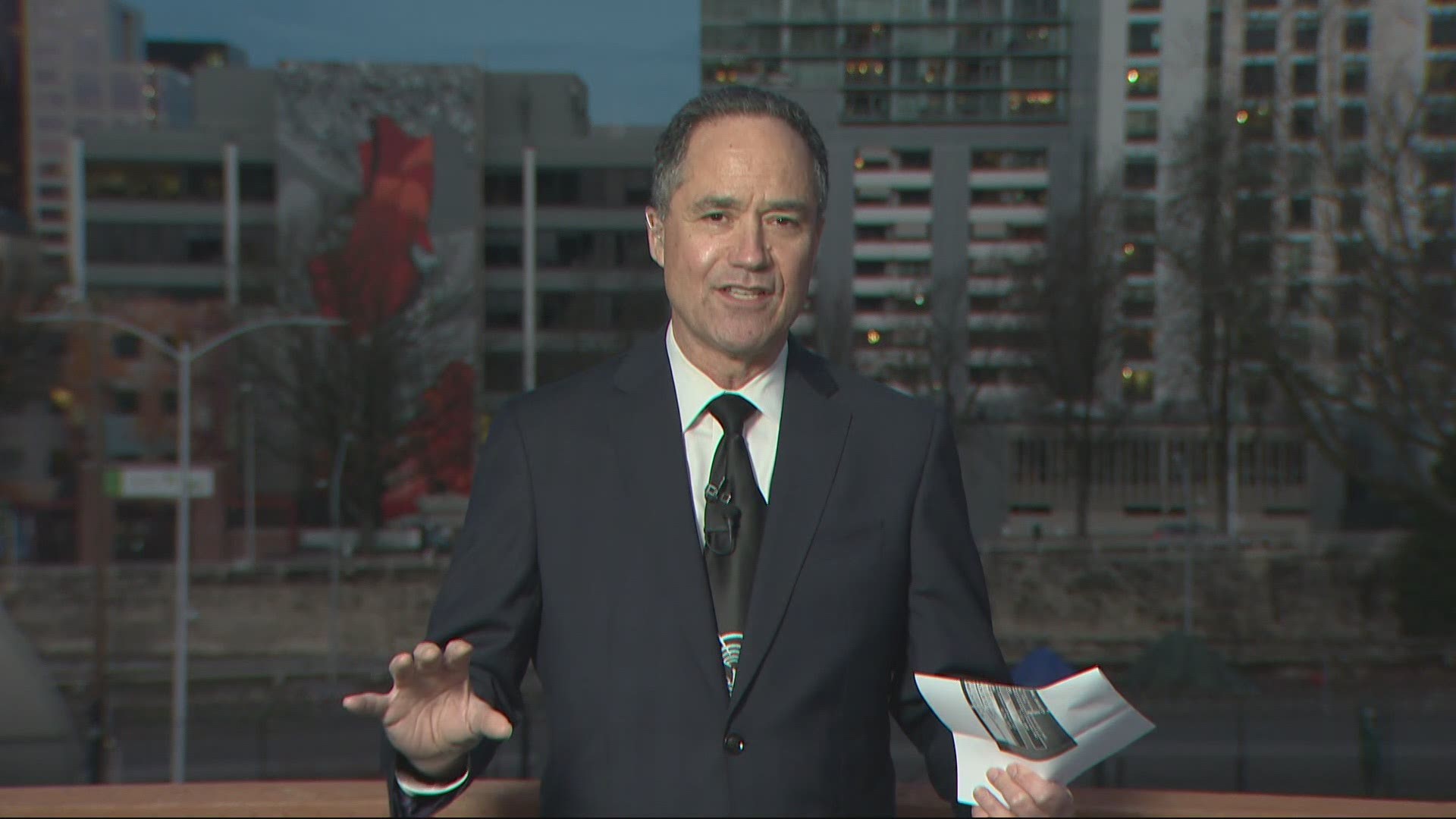PORTLAND, Ore. — Since I first posted this article about the impact of going to year-round Daylight Saving Time (DST) on my Facebook page, I received and read many comments from folks describing how the time change creates real problems for them or their families.
Adjusting kids' sleep schedules and adults' work schedules were problems brought up more than once, as were the studies that show an increase in traffic accidents around the time change. So yes, the struggle is real for some people.
The main point of the post was to inform people of the dark consequences, in the middle of winter, of year-round DST. I wonder how many more people would find sunrises near 9 a.m. more of a burden than adjusting to a one-hour shift in time in March. This is a point that I'd not seen brought up by those suggesting year-round DST is the way to go.
Here's a look at some of the comments:
- Actually research has proven that the time change will kill you from heart attacks and stroke
- Why mess with the natural order of things? Just leave it alone.
- I propose we move our clocks ahead/behind a HALF hour instead of a whole hour.
- It makes no difference in a modern world except to remind people to change their smoke detectors batteries.
I didn't do a tally of comments for and against year-round DST, but from what I read, there seemed to be at least as many that want to keep the current system as there were those who wanted to change it.
Again, my goal here was to have people consider what they'd be giving up at the beginning of the day in deep winter, for the convenience of not changing the clocks.
Full disclosure: Because I work nights, the later sunrise in winter would have little impact on me, and I enjoy later sunset times. But I wonder what the reaction will be if we adopt year-round DST and people are faced with more morning darkness than we've been accustomed to.
Here's the text from the original post, with a few minor edits:
As we approach Sunday the 14th when we turn the clocks forward and Daylight Saving Time begins for 2021, I again hear chatter about doing away with the time change. The main reasons I hear for going on year-round Daylight Saving Time are ones of convenience: Changing the clocks is too hard and confusing. Really? Press a button. Read a manual, it won't kill you.
Losing an hour of sleep once a year on a Sunday is an unfathomable hardship, and it takes days adjusting to the new time. Oh, the inhumanity. I guess they've never traveled out of their own time zone? Really? A one hour adjustment is just too much to handle? Ask a new parent if they'd be ok losing just ONE hour of sleep ONE day a year. They'd move heaven and earth to make that happen, shedding tears of joy along the way.
I look at it from a daylight point of view. Check the graphic below for Portland. If we had year-round DST, around New Year's it wouldn't get light out until nearly 9 am! Kids wouldn't just be waiting for school busses in the dark, some would be starting classes in the dark. Try getting a teenager motivated for that.
In summer, let's consider sunrise again. But this time if there were no DST, but year-round Standard Time. In that case, the sun would be rising in Portland before 4:30 am for over a month! For some, that's the middle of the night. Talk about an inconvenience, I hope you've got good blackout drapes.
If there's a solid argument for eliminating the time change, I'd love to hear it. I've yet to hear one that outweighs the loss of useful light in the summer or in the case of year-round DST, the further darkening of already dark mornings in winter.
I use sunrise times in the graphic because the impact of later sunsets in winter is less than that of the later sunrise time.
But the "I don't like the time change because it's a minor inconvenience", for a day or two, doesn't stand up to a critical look at changing the system we have in place. Adjusting the start and end of DST makes sense as society changes, and has been done several times.
But wait, Oregon passed Senate Bill 320, abolishing the time change! It's a done deal! No, it's not. It takes an act of Congress to make it law. This is also for good reason. There needs to be coordination among states, otherwise, you might end up with some weird patchwork of adjacent states with different times, for no good geographical or logical reason.
Again, if there are solid reasons, beyond the inconvenience of having to change clocks (oh, the modern-day horror of it all), to go to year-round DST, let's hear them. But adjusting your sleep for a day or two in March sounds way better, more convenient, if you will, than being left in the dark until 9 am for weeks in middle of winter.
How do you feel about the twice-yearly time change? Join the conversation and let us know!

